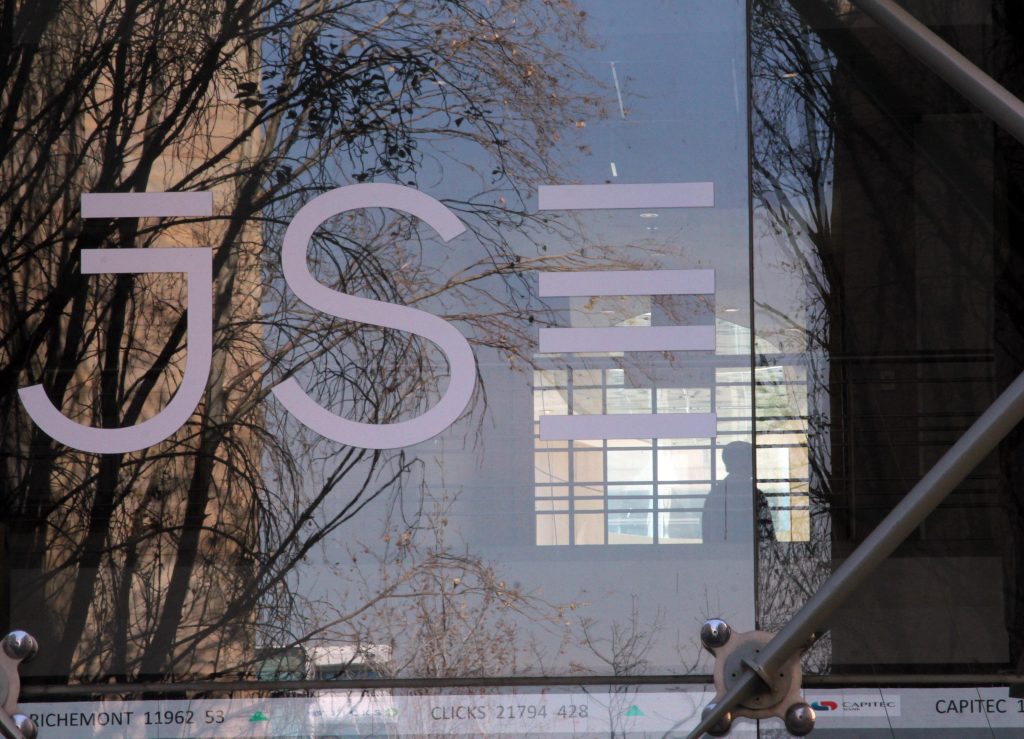The selloff of so-called ‘SA Inc’ shares accelerated on Thursday with near-indiscriminate selling of assets as the rand continued to plummet against major currencies.
The JSE’s 1% decline on the day masked the extent to which those JSE-listed companies with the majority of their operations in South Africa were dumped by, presumably, foreign investors.
Read:
Banks and telcos led the decline, with those indices down more than 4%, while the JSE Retailers Index was 2% lower.
Spar and Standard Bank were the biggest losers in the top 100, both down over 6%.
Prosus/Naspers and Richemont were up over 2% on the day, paring overall losses.
The carnage on local markets extended beyond just Thursday. Bond yields have rocketed this week, and SA Inc stocks have weighed on the JSE for months.
Sinking to fresh lows
More than a dozen SA Inc stocks hit fresh 52-week lows on Thursday, including Vodacom, MTN, Capitec, Pick n Pay, TFG, Cashbuild, Brait, Pepkor, Zeda, MultiChoice.
Read:
(Following Wednesday’s plunge, Transaction Capital is no longer in the top 100 shares on the JSE.)
Many of these brands have plumbed year-long troughs regularly since the beginning of 2023, when the impact of severe load shedding on growth and profits became clearer.
Some have reported financial results or updated their earnings guidance recently. Pick n Pay, for example, is down 20% over the past month.
Investors face a toxic brew of lower commodity prices, ongoing Stage 6 load shedding (with Eskom confirming it has prepared schedules that go to stage 16), the recent ‘greylisting’ of the country by the Financial Action Task Force, increased political instability ahead of next year’s general elections, a middle class that is getting poorer in real terms, record high unemployment …
The list is long. You know, ‘typical’ emerging market stuff.
US trade at risk
The most recent own goal is the accusation on Thursday afternoon by the US Ambassador to SA, Reuben Brigety, that South Africa provided weapons and ammunition to a Russian cargo ship in Simon’s Town in December.
If this claim is accurate, it places SA duty-free access to the US market (under the African Growth and Opportunity Act) at immense risk. The legislation expires in 2025, but SA may face an earlier, forced exit.
Given that the owner of the vessel that docked in the Cape, Transmorflot, has been designated by the US State Department, the consequences may be far more severe than ‘just’ billions in annual trade. The Office of Foreign Assets Control may yet get involved.
The Presidency, rather predictably, has “undertaken to institute an independent enquiry to be led by a retired judge”. It is all so pathetically predictable.
The currency blowout began earlier this week, with multiple market participants nervously suggesting that something ‘big’ was about to break. Since trade began on Sunday night, the rand has lost more than 5% against the US dollar. As Minister of Public Enterprises Pravin Gordhan famously told the Zondo Commission into State Capture in 2018: “connect the dots”.
As ever, our currency tends to overshoot moves to both the downside and upside. After a sharp spike at lunchtime, there was some recovery into the afternoon.
The longer-term trajectory remains decidedly negative.
Recession warning
Also yesterday, RMB forecast a recession in 2023, with the economy set to contract by 0.8%. Previously, it saw 0.3% growth. It sees growth in 2024 of 0.9%, from an earlier estimate of 1.6%.
The selloff on the JSE of late has felt somewhat different to the absolute panic selling during the 2008 global financial crisis and at the start of the Covid-19 pandemic. This appears to be steady and constant selling.
Foreign investors have been steadily selling equities since 2019, with even our elevated bond yields no longer attractive enough to them (they turned net sellers this year).
The market weakness, however, has certainly made valuations of some stocks look a lot more interesting than they have in years. There are well over a handful of ‘blue chip’ shares trading at forward price-to-earnings (PE) multiples of below five times. On this basis, there are other quality businesses trading in single digits – something that hasn’t been the case in decades. This, of course, presumes that earnings can be maintained or grown from current levels.
Even Clicks, so loved by particularly overseas investors, now trades on a PE of about 24.
Bargains? Perhaps. The alternative, surely, is that the market is right …

